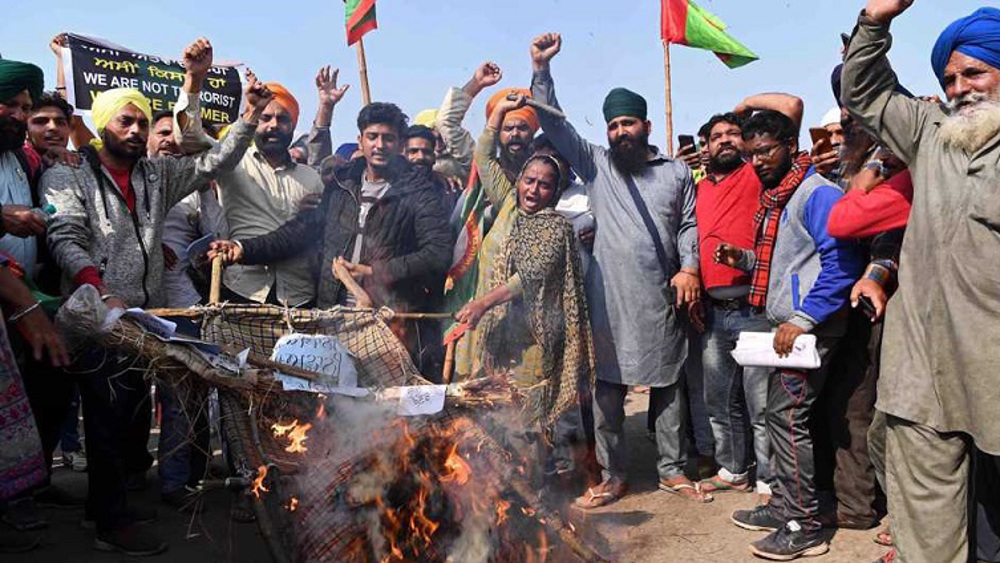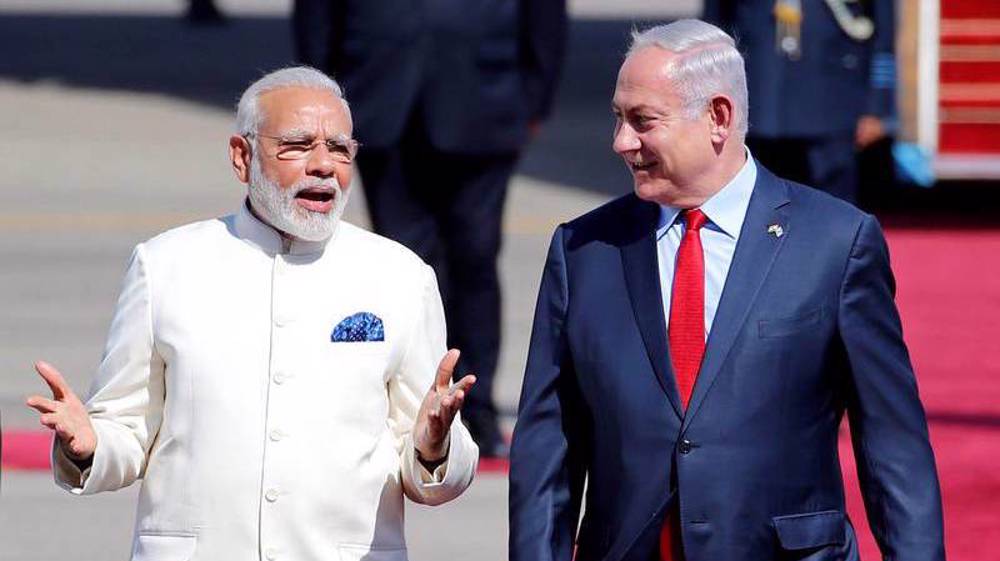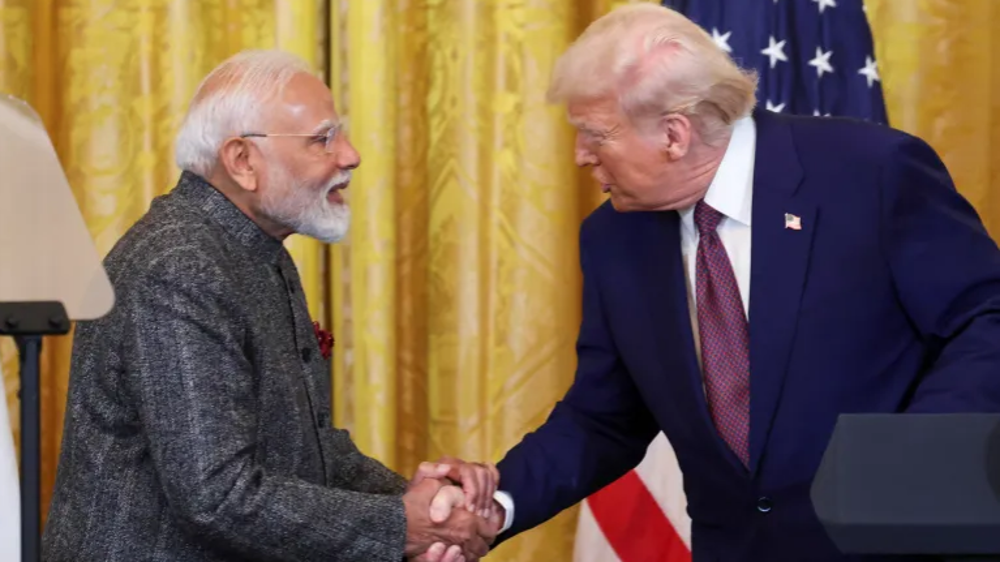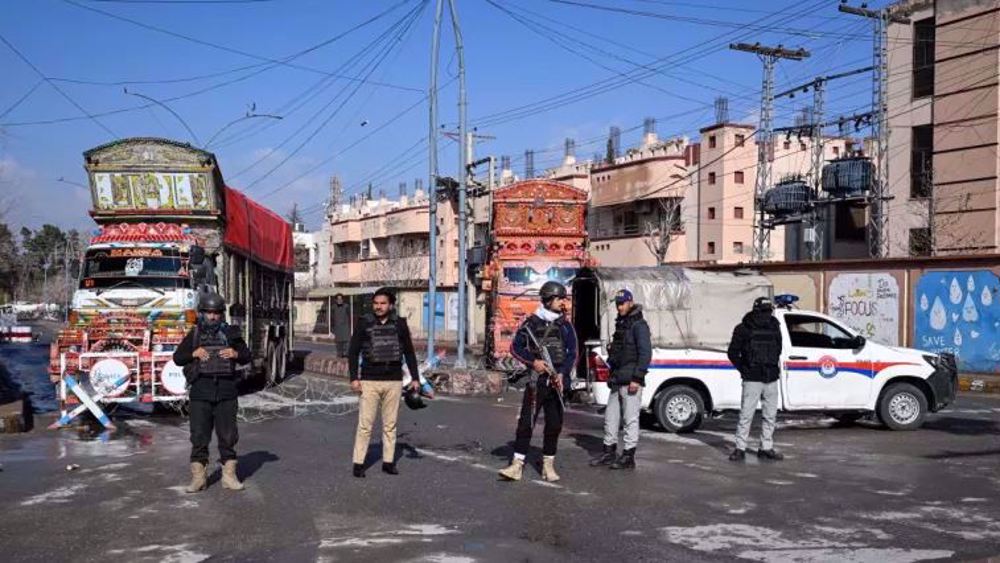No Breakthrough in talks between Indian govt., farmers to end protest over controversial farm laws
Indian farmers have threatened to step up their weeks-long protests following refusal by the government of Prime Minister Narendra Modi to roll back controversial agricultural reform laws.
This came after the seventh round of talks between the government and farm union leaders produced no results and ended inconclusive in the capital, New Delhi, on Monday.
Rakesh Tikait, one of the farmers' leaders who attended the meeting with ministers, however, said they would not give up their fight unless the government agrees to repeal the laws.
"Our agitation will continue till the three laws are withdrawn. There is no other way," said Tikait.
In September, Modi’s government passed three laws that it says are meant to overhaul procurement procedures and grant farmers more options to sell their products.
The farmers say the proposed amendments will create an opportunity for large private companies to enter and exploit the entire agriculture sector.
Indian farmers, mainly from the Sikh-dominated Punjab and neighboring Haryana, have blocked highways into New Delhi for the past three weeks.
The farmers, many in their sixties or above, have been braving harsh winter in the north to camp out in the open with their tractors and trailers parked bumper to bumper.
Dozens of protesters have died in recent weeks, mainly due to the cold with temperatures falling to 4 degree Celsius.
Modi has invited the farmers for more talks after several rounds of negotiation failed to break the standoff.
Indian Agricultural Minister Narendra Singh Tomar on Monday hoped to resolve the deadlock during an upcoming meeting, which is scheduled to be held on January 8.
"I am hopeful the stalemate will be resolved very soon," he told reporters after the meetings between the ministers and 40 farming unions.
"For resolution, the cooperation of both sides is essential."
Farmer leaders have accused the government of trying to weaken and discredit them by describing protesting farmers as "anti-nationals."
People in several other countries have also been protesting in solidarity with the Indian farmers.
Last month, Rahul Gandhi, a senior leader from the opposition Congress party, pressed Modi to call a special parliamentary session to withdraw controversial agricultural reform laws.
The opposition leader also piled up pressure on the premier by accusing his government of watching the interests of a specific class of businessmen and capitalists.
"The prime minister wants to help two, three business people" by introducing the farm laws,” Gandhi said on December 24.
The newly-passed laws could have a significant impact on consumers globally as reliance on India for spices such as turmeric, chili and ginger cannot be taken for granted.
India is the world’s largest producer, consumer and exporter of spices.
It is also the leading exporter of Basmati rice and the world's largest milk producer, according to the country's Agricultural and Processed Food Products Export Development Authority.
More than half of India's working population comes from the agricultural sector, according to the most recent census in 2011.
Israeli settlers kill 19-year-old Palestinian man in West Bank raid
Israel installed, managed security system at Barak-Epstein New York flat: Report
Iran deplores Israel’s new land grab scheme in West Bank
VIDEO | Vienna holds conference dubbed 'Iranian-Islamic Civilization, Identity and Historical Splendor'
VIDEO | Press TV's news headlines
Journalist Tucker Carlson says he was detained in occupied territories after interview with US amb.
VIDEO | Is there any hope for Russia-Germany relations?
VIDEO | Israeli land grab policies















 This makes it easy to access the Press TV website
This makes it easy to access the Press TV website